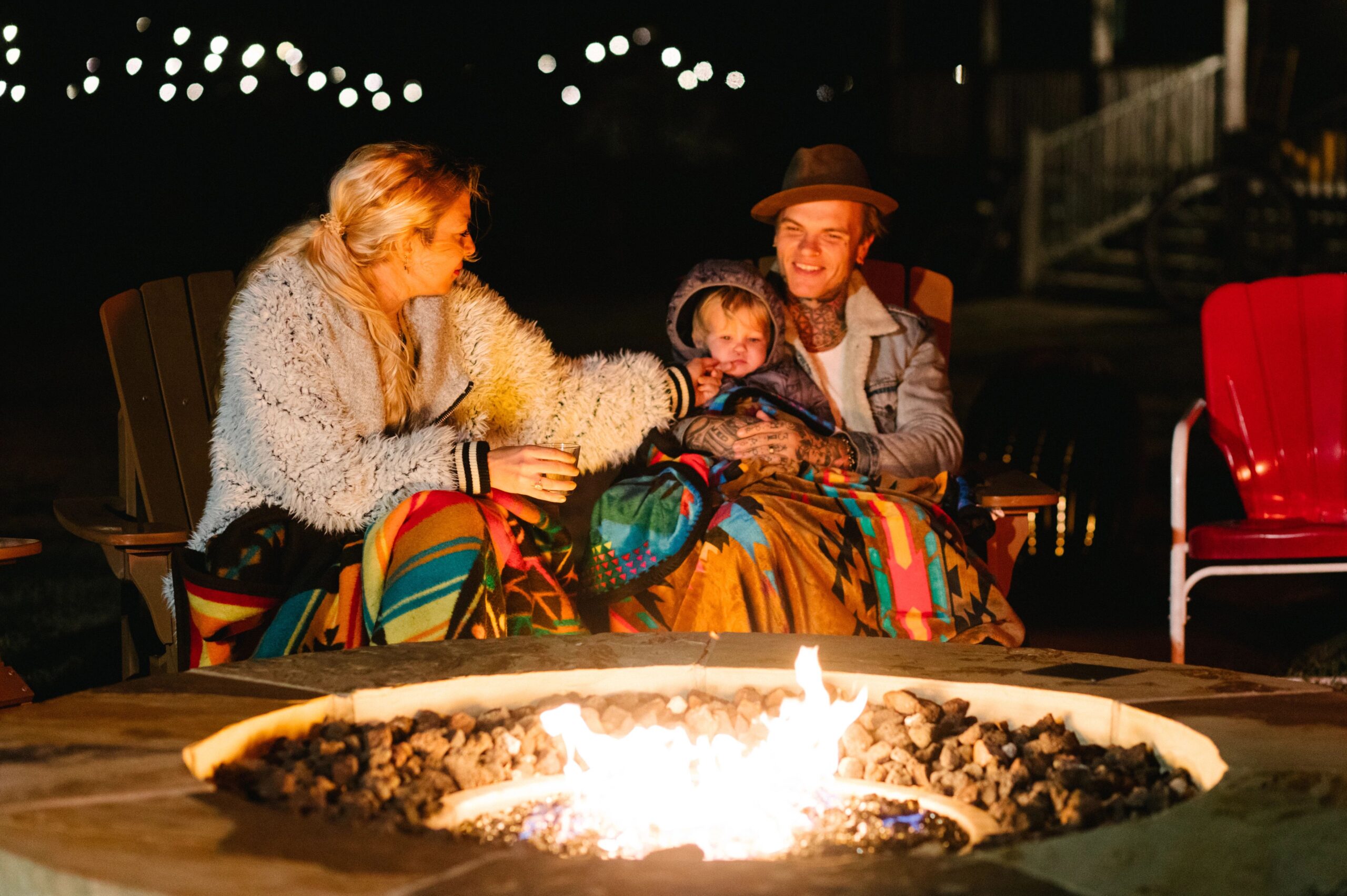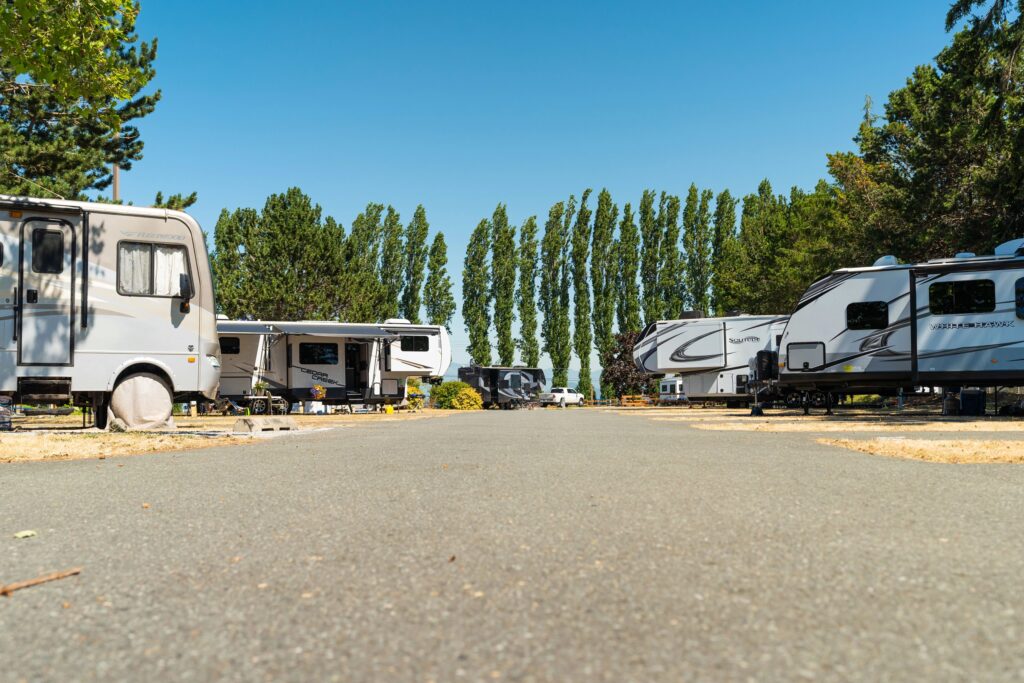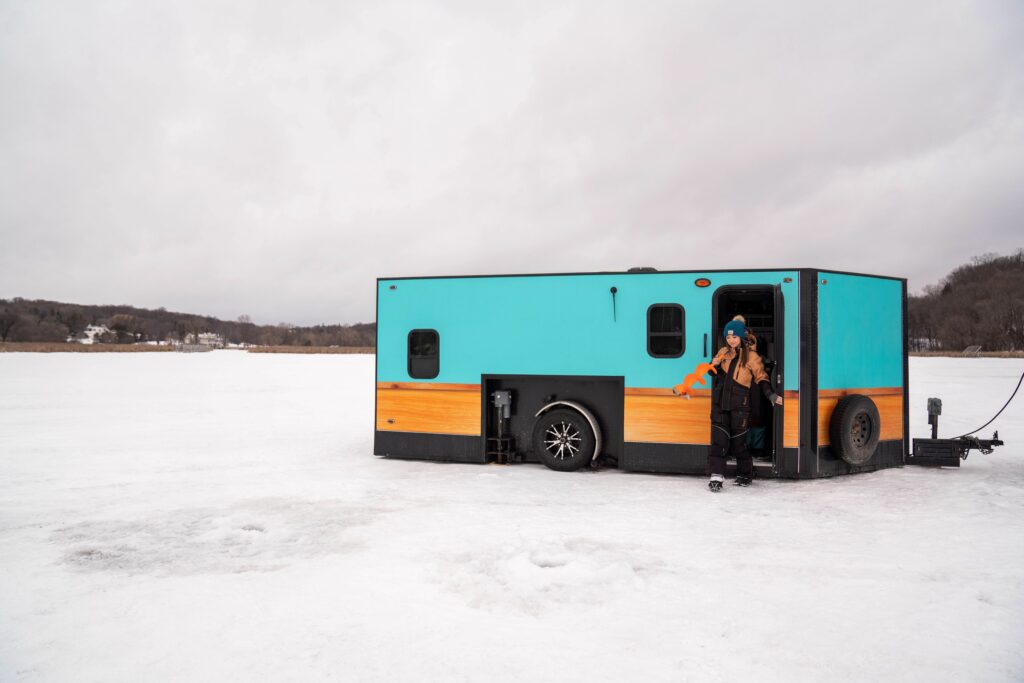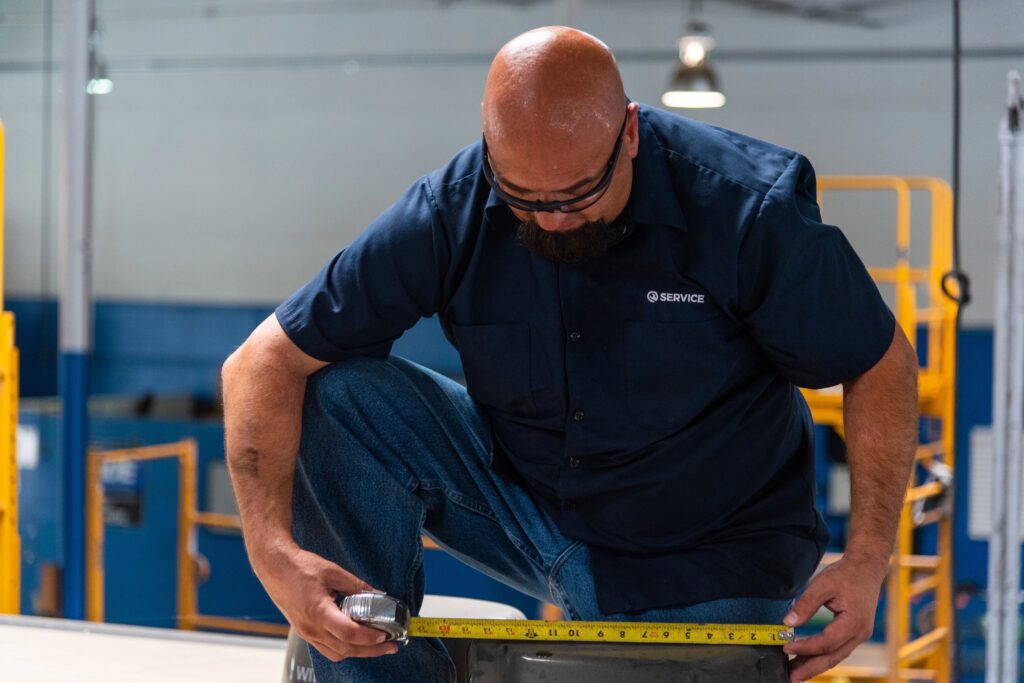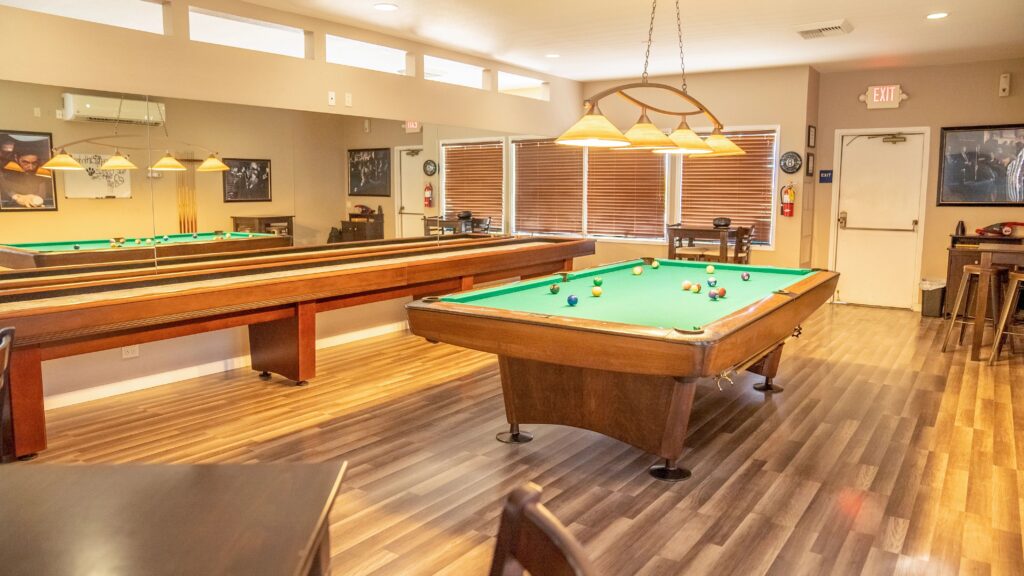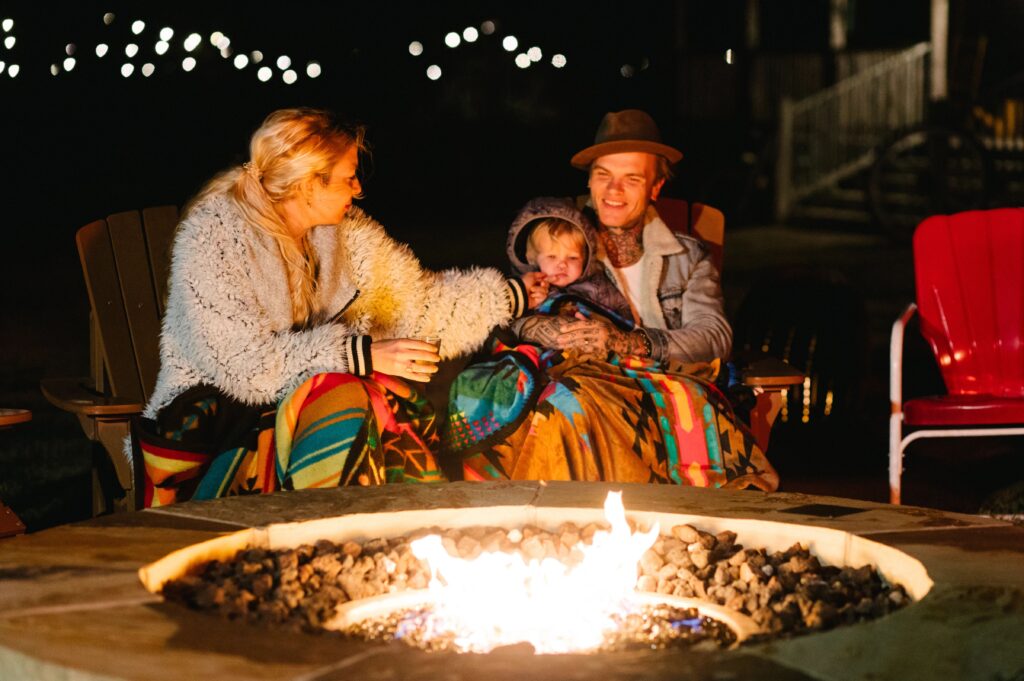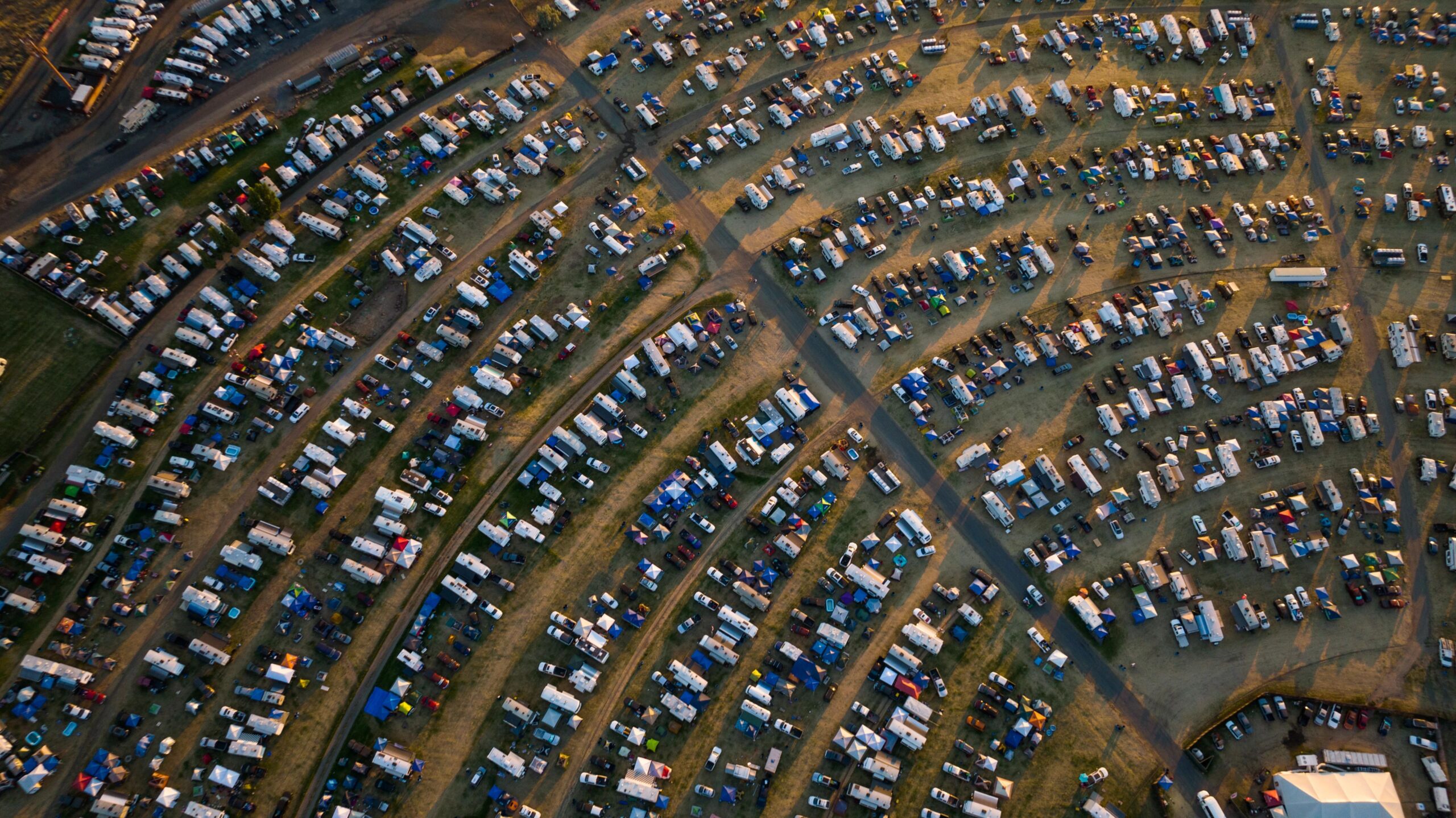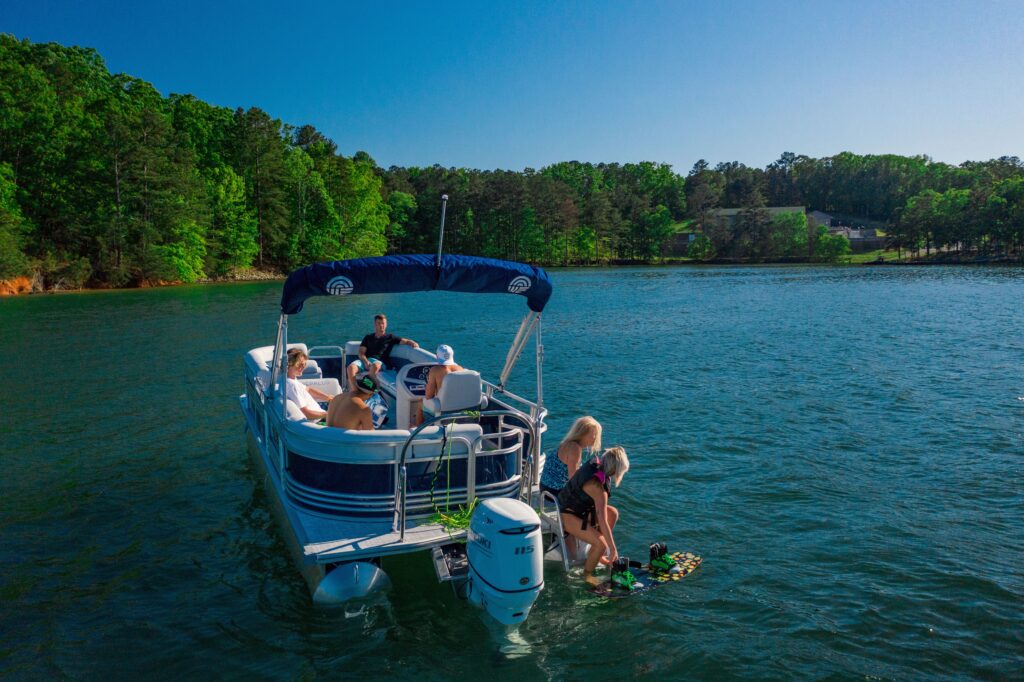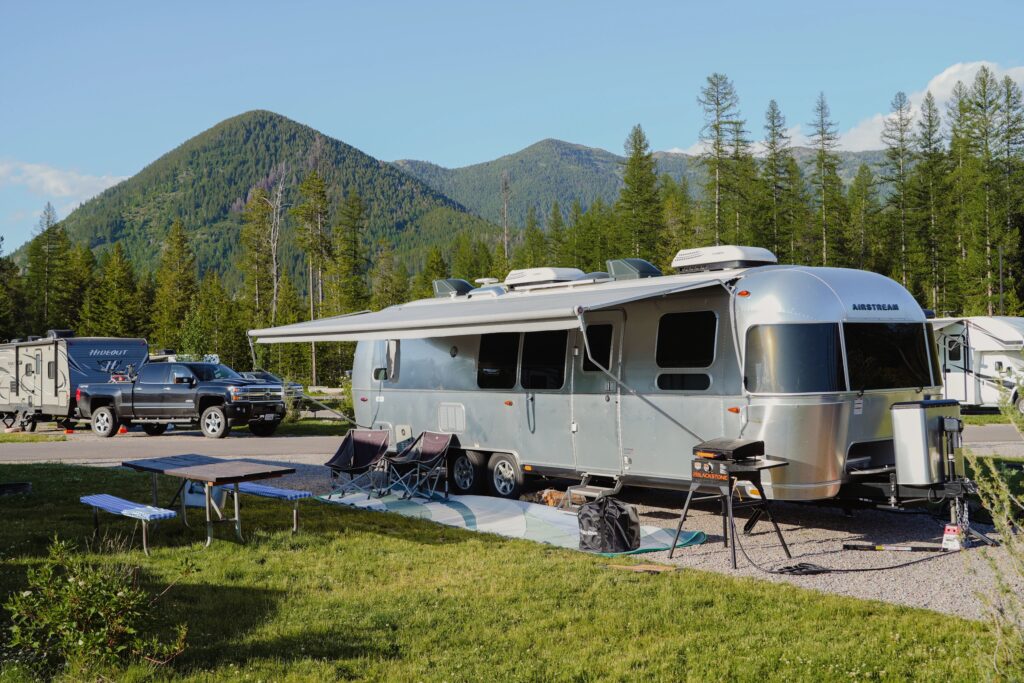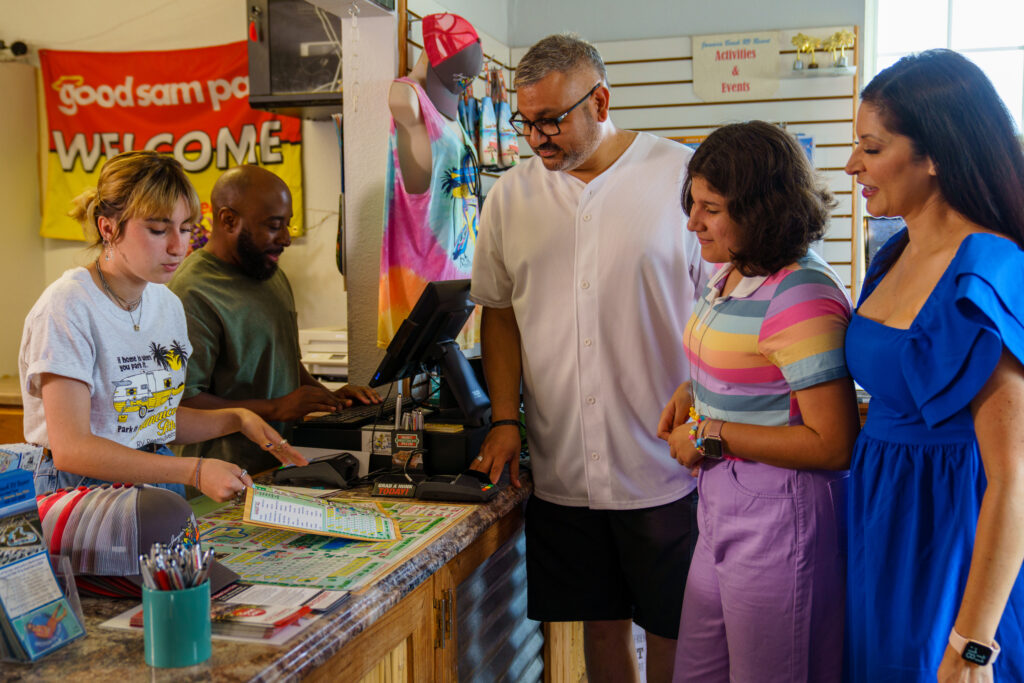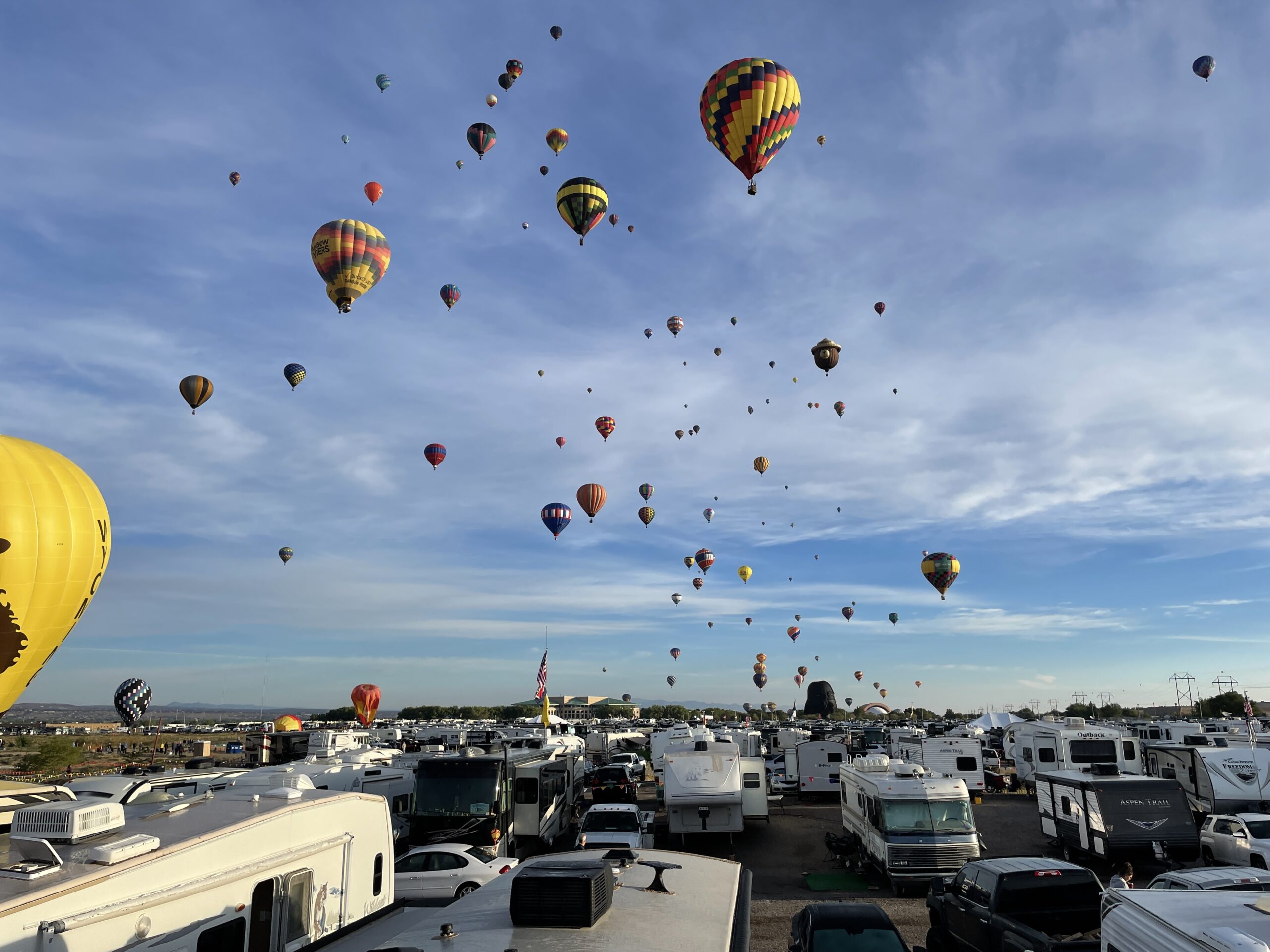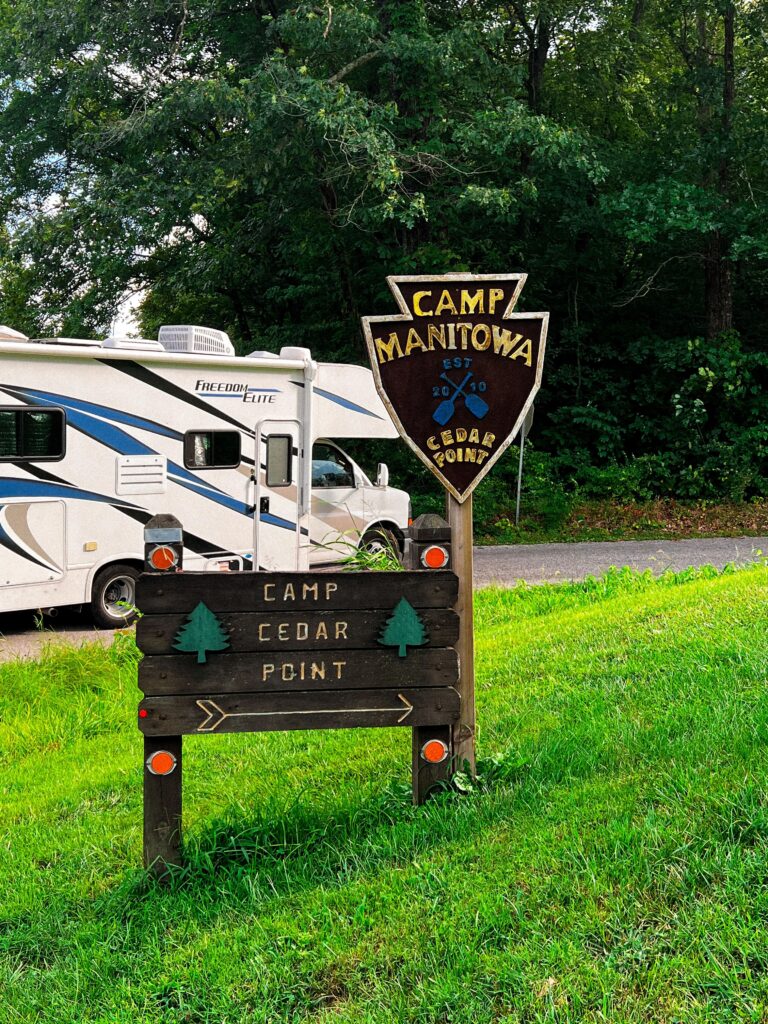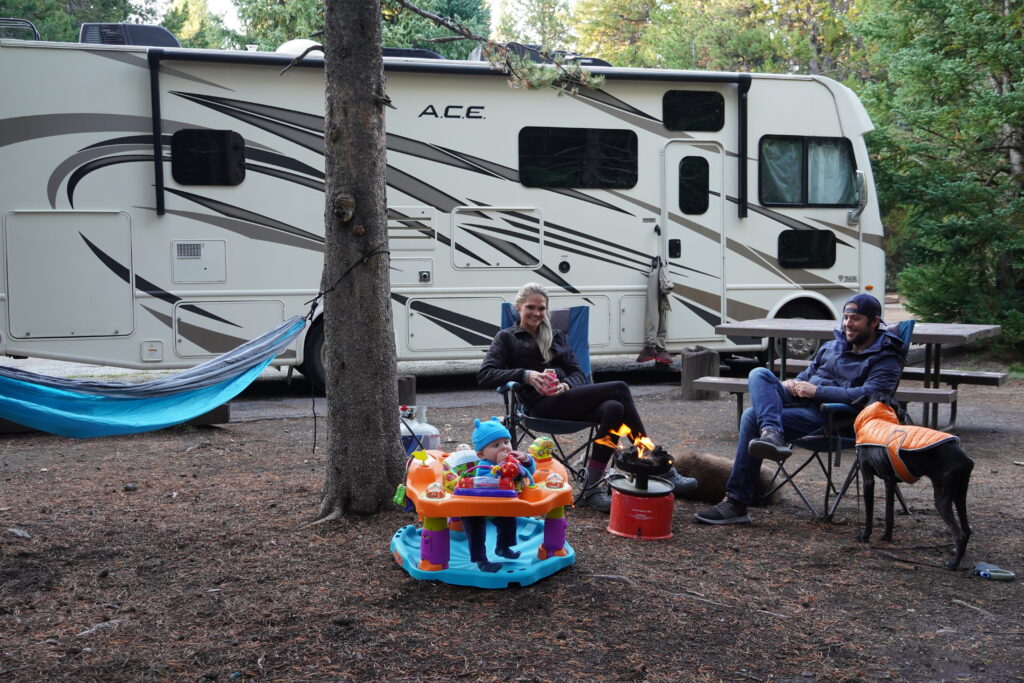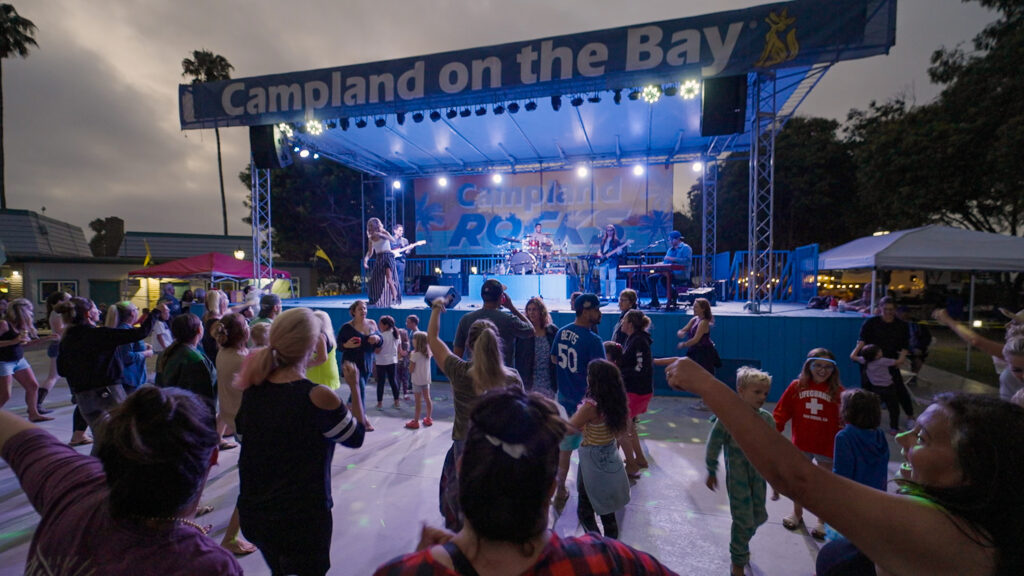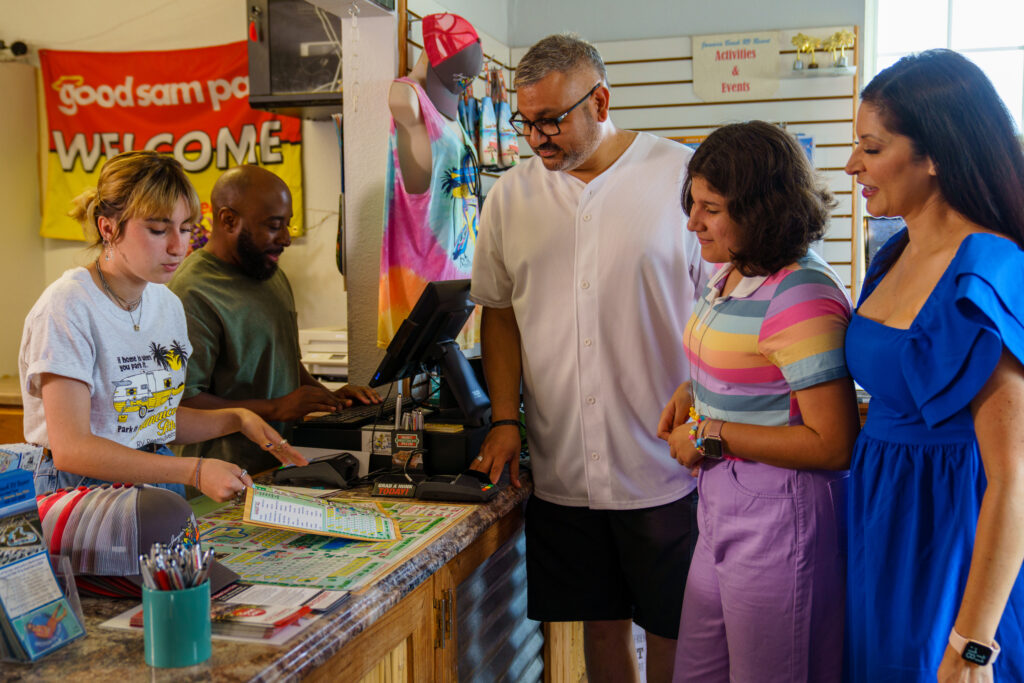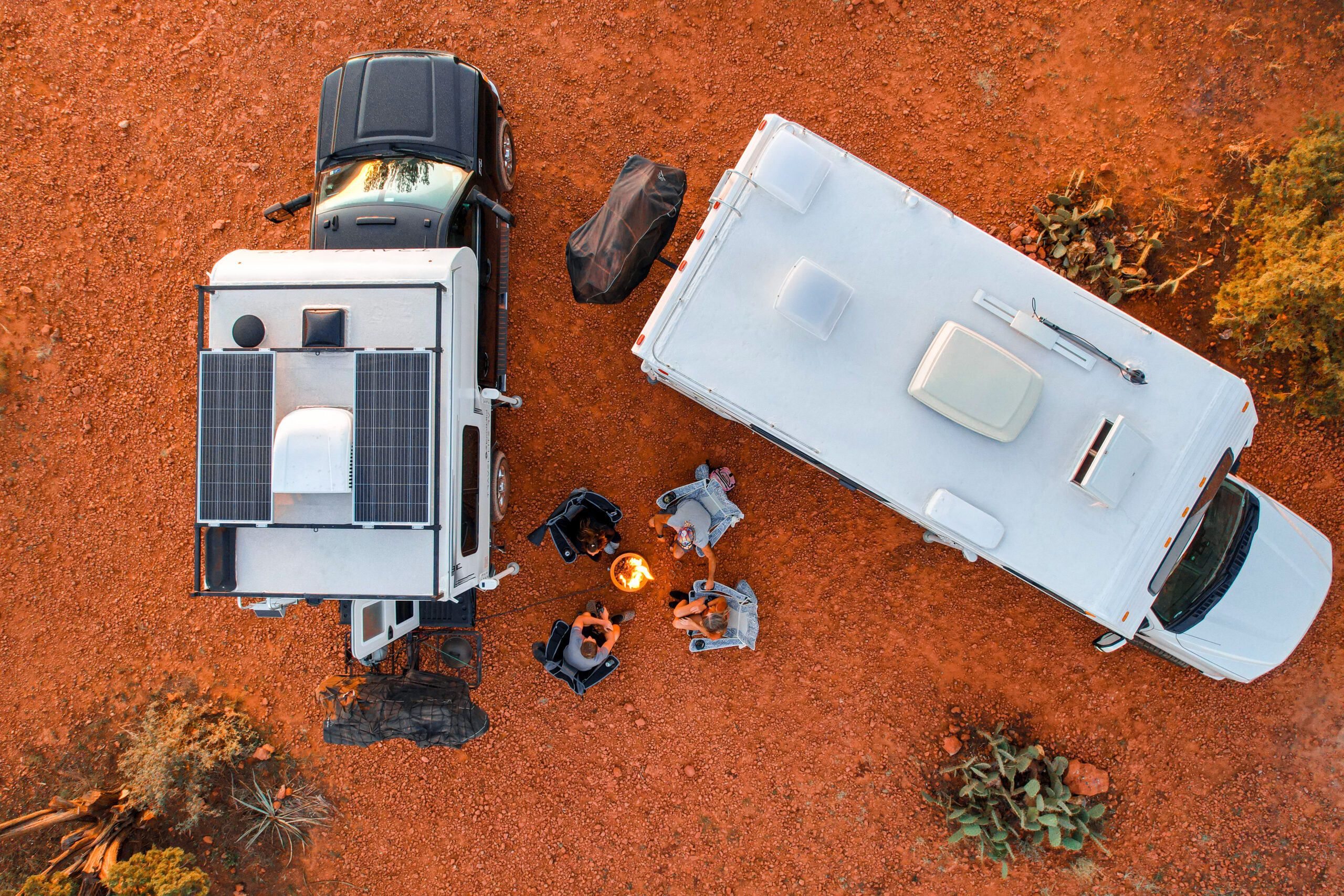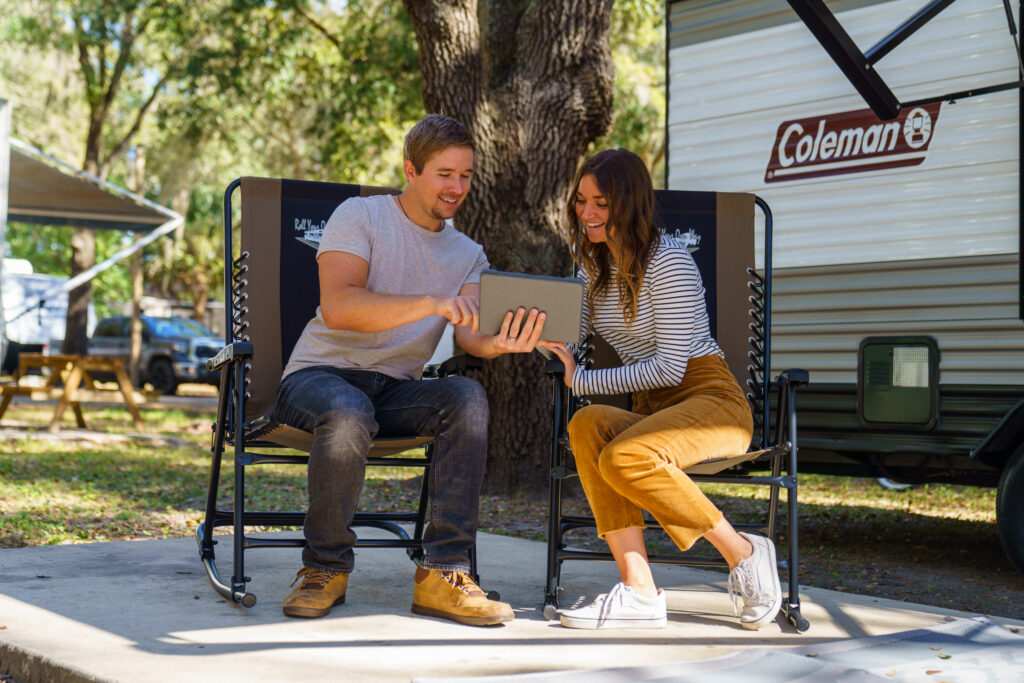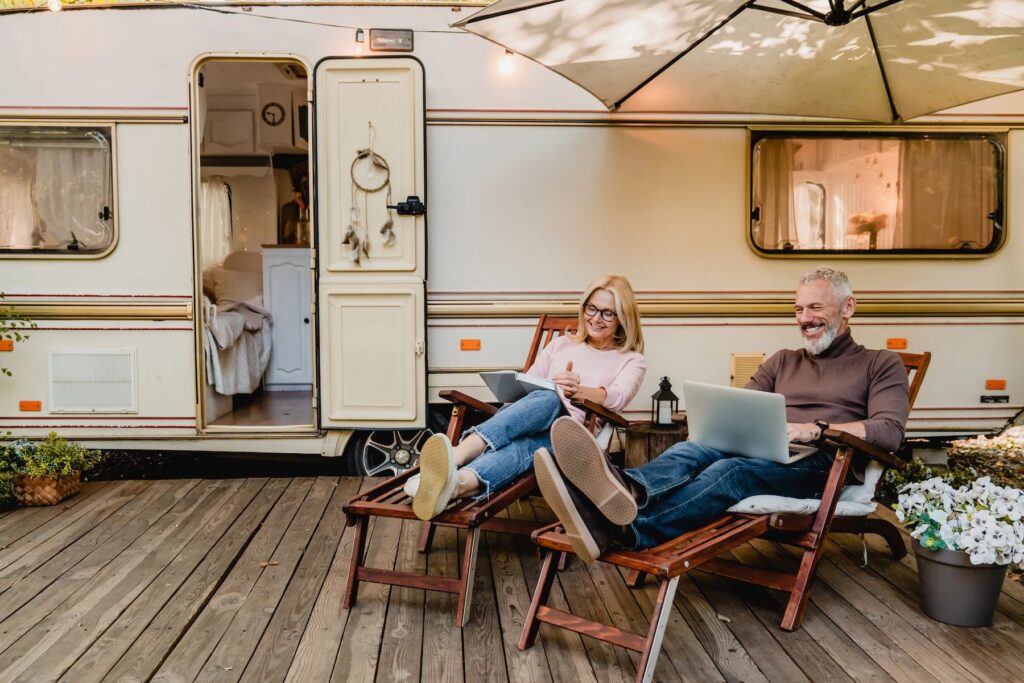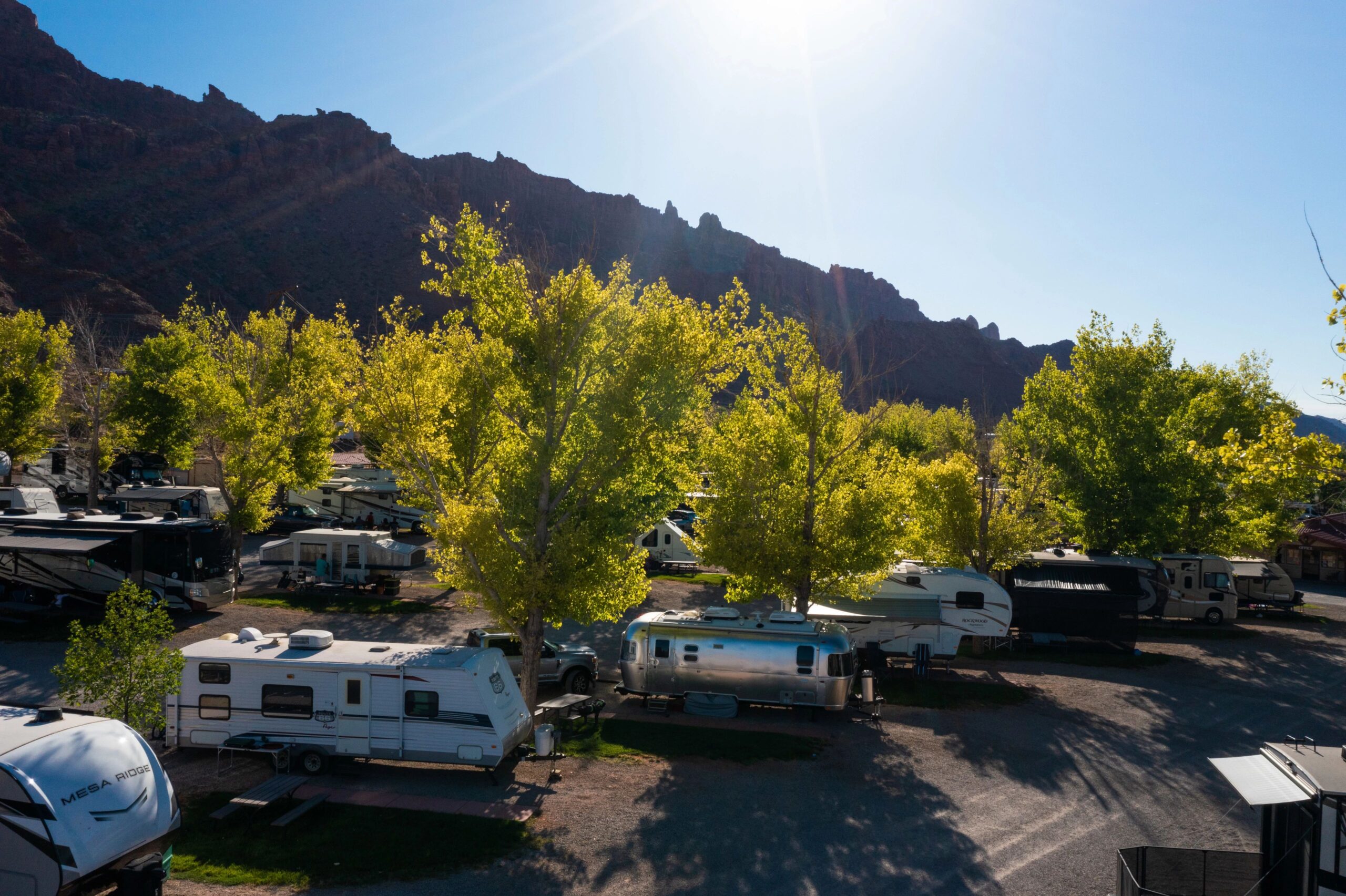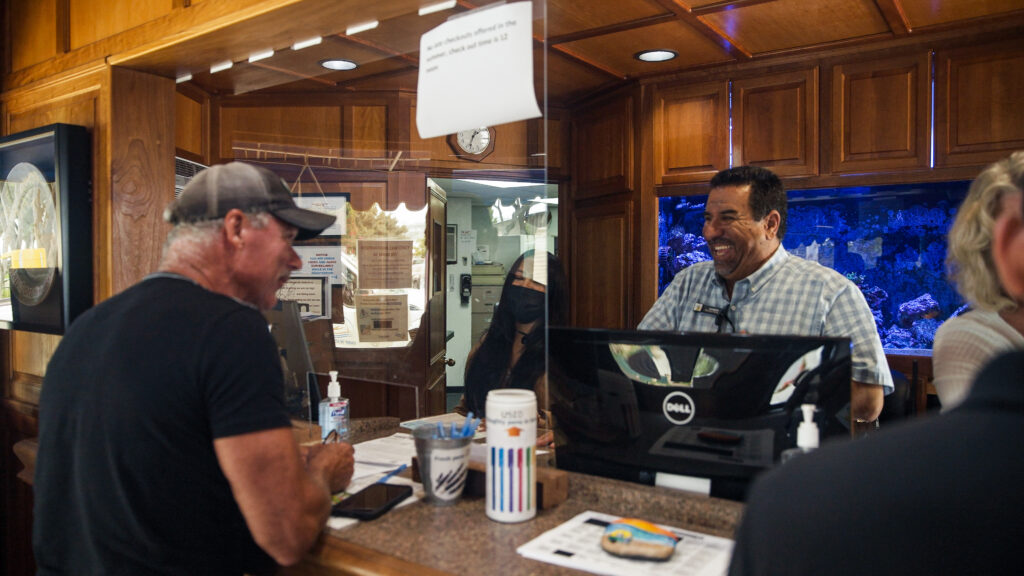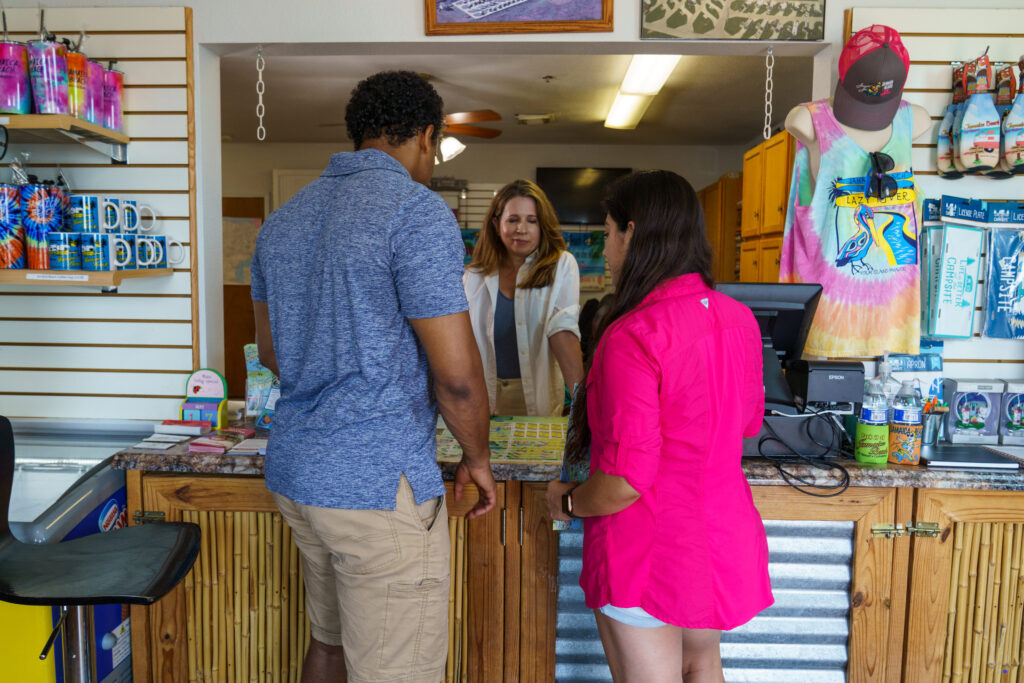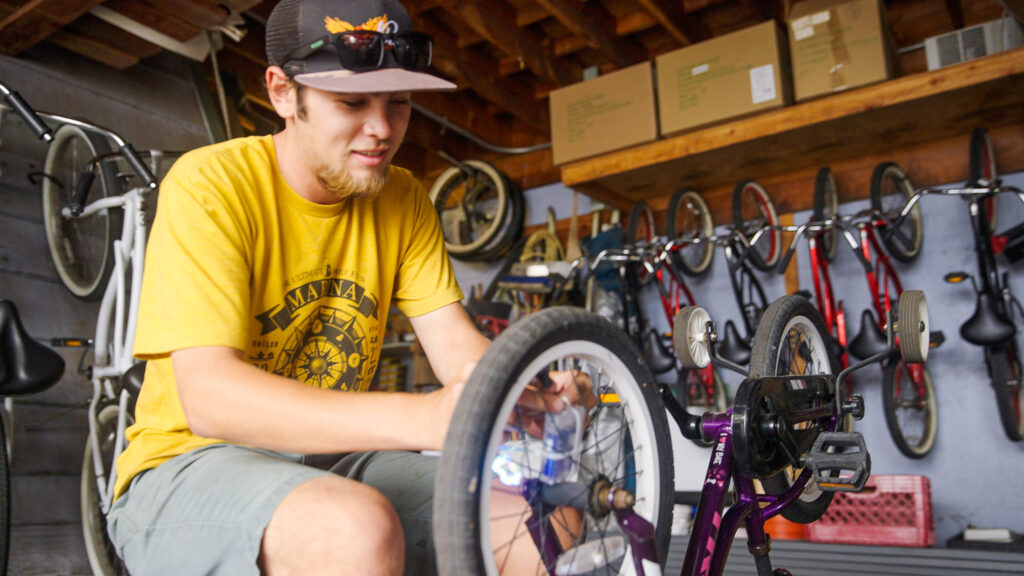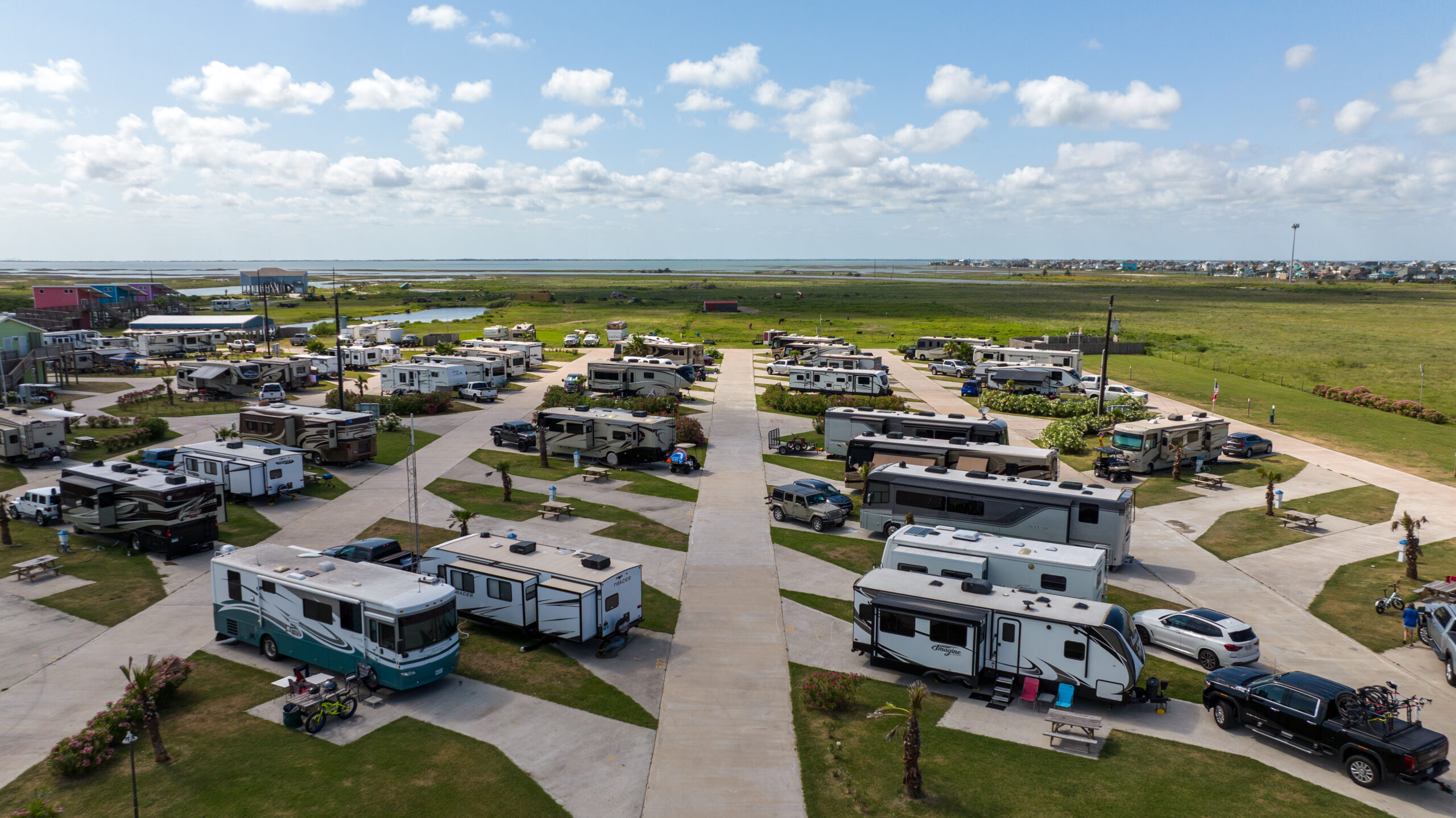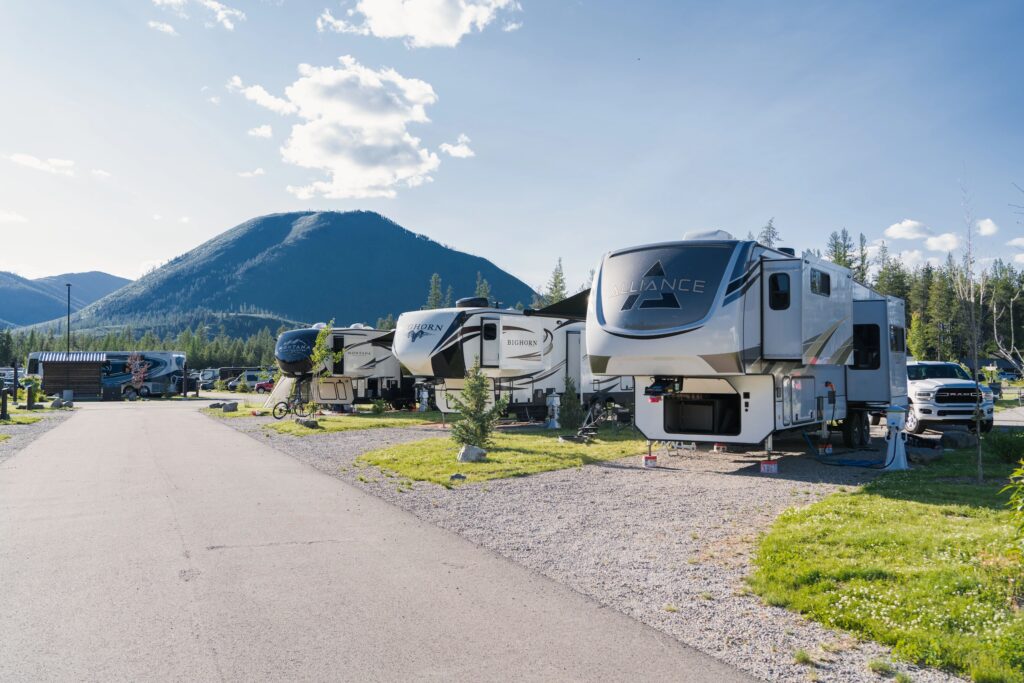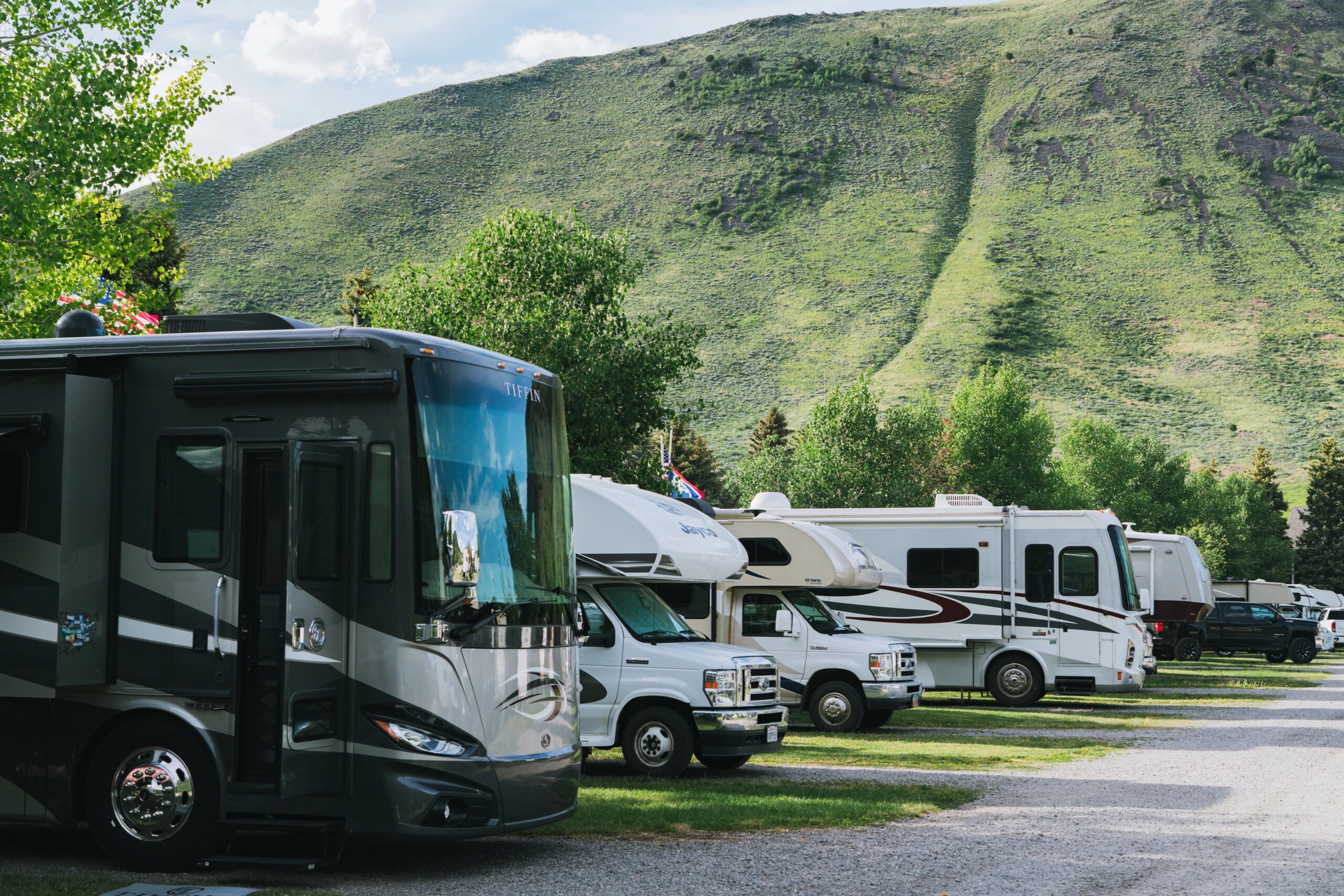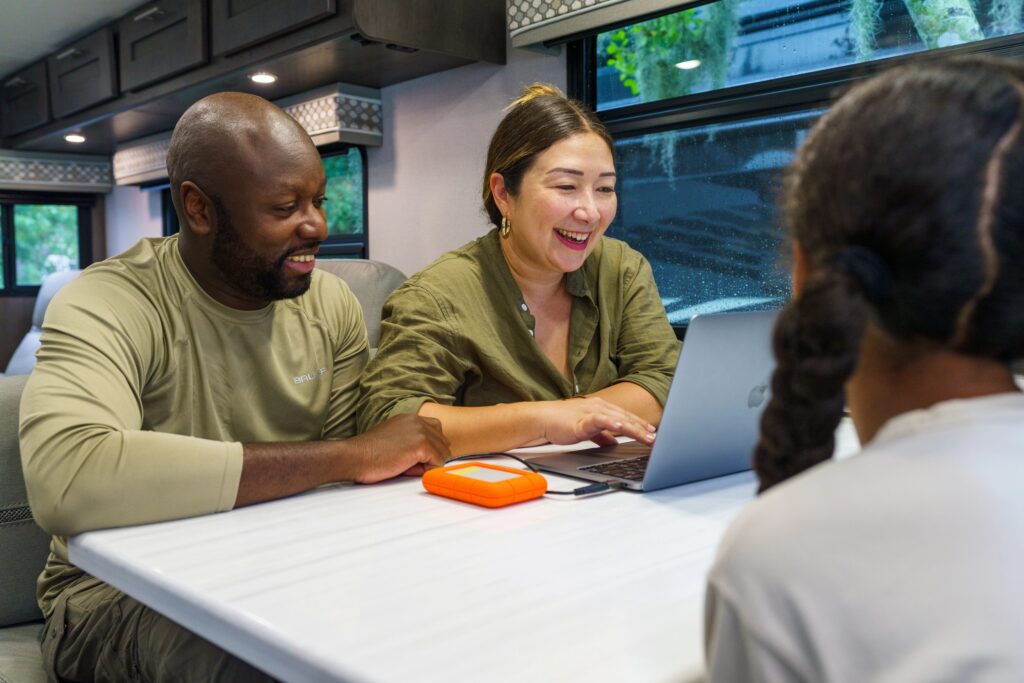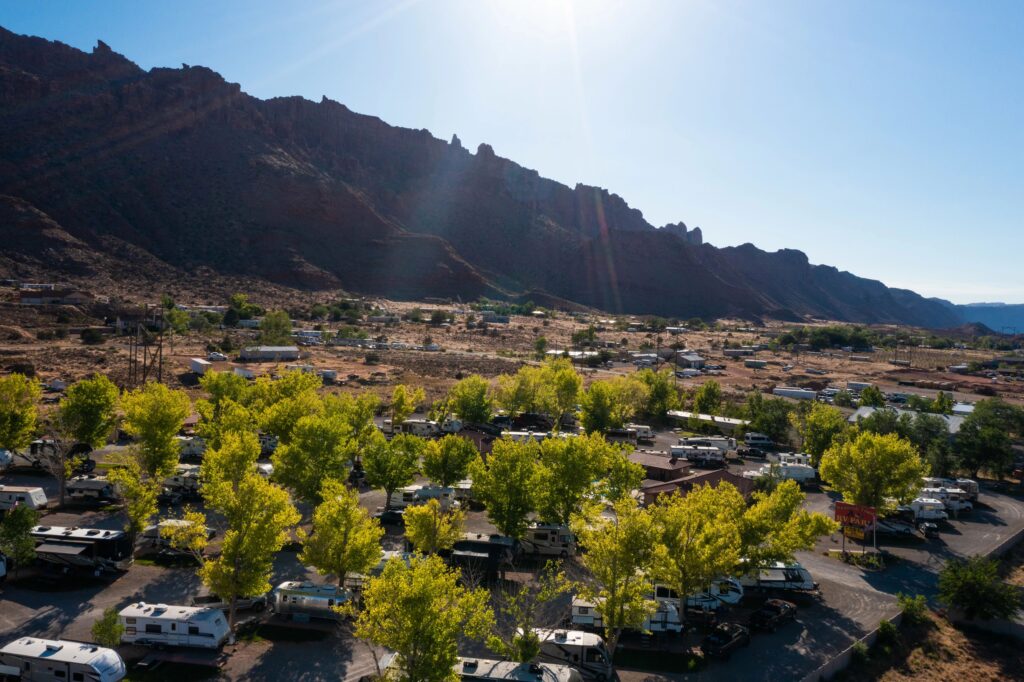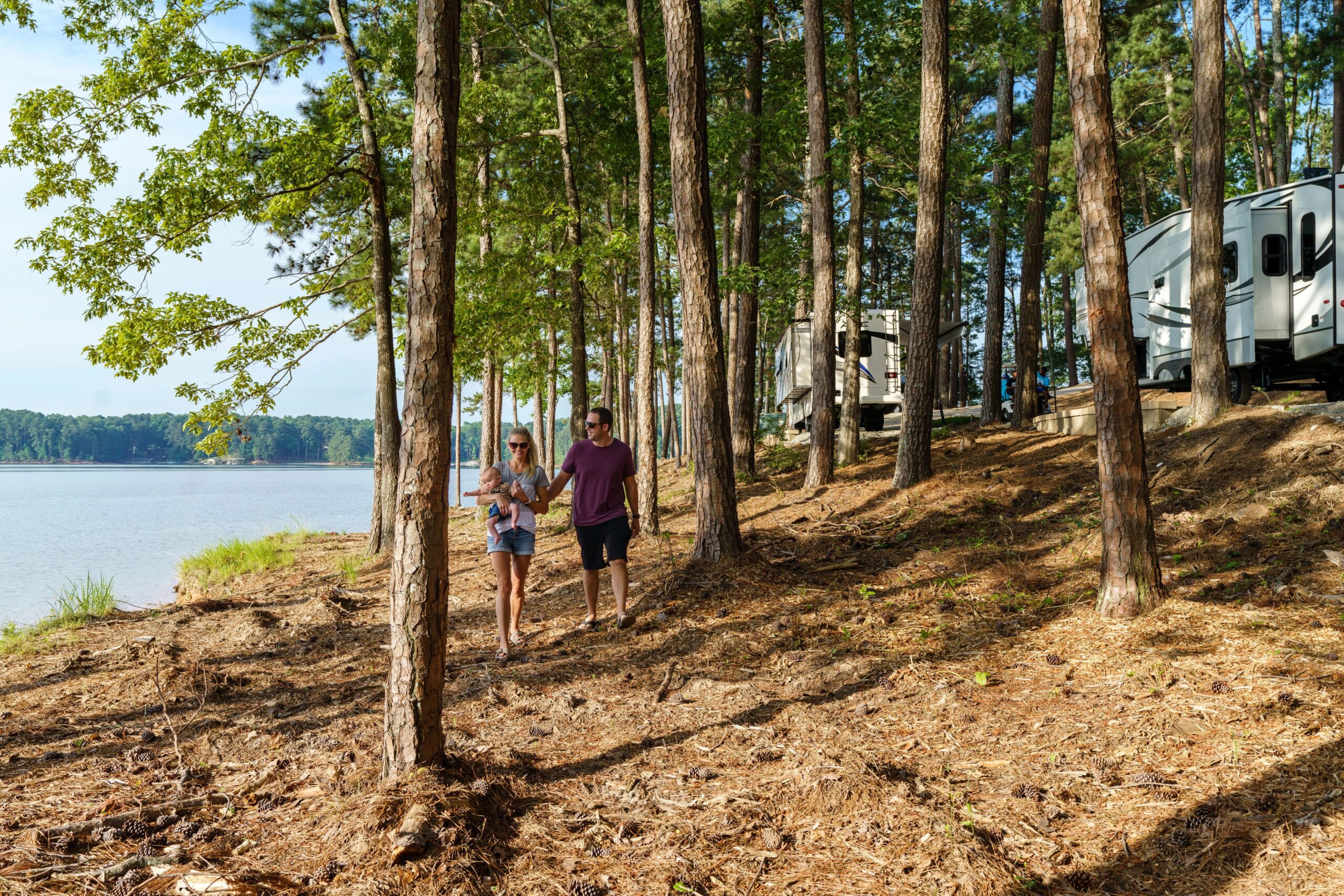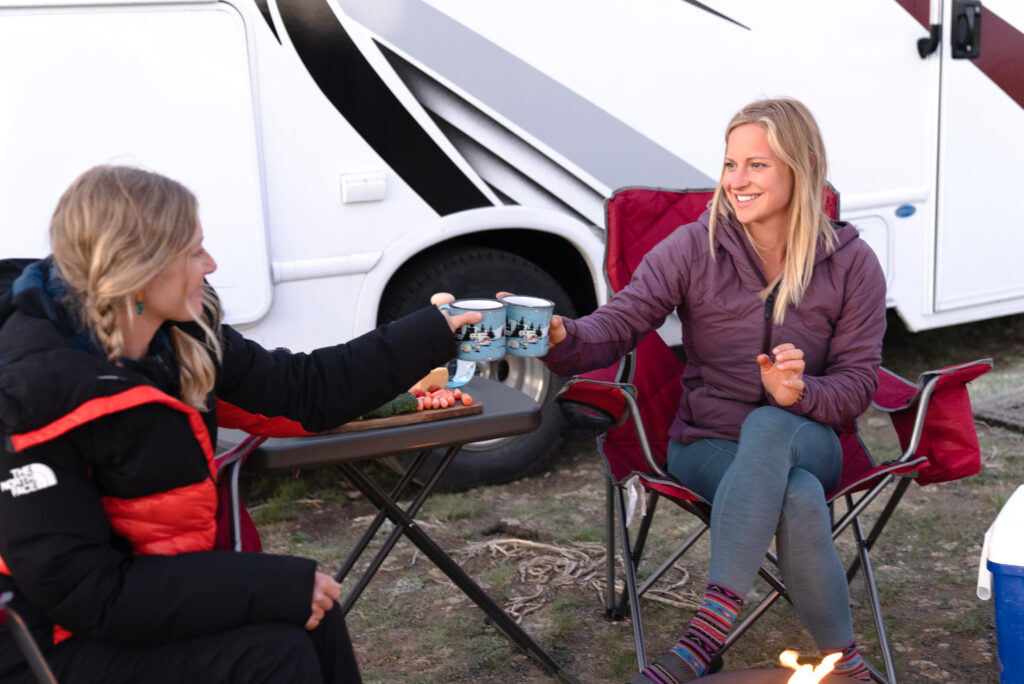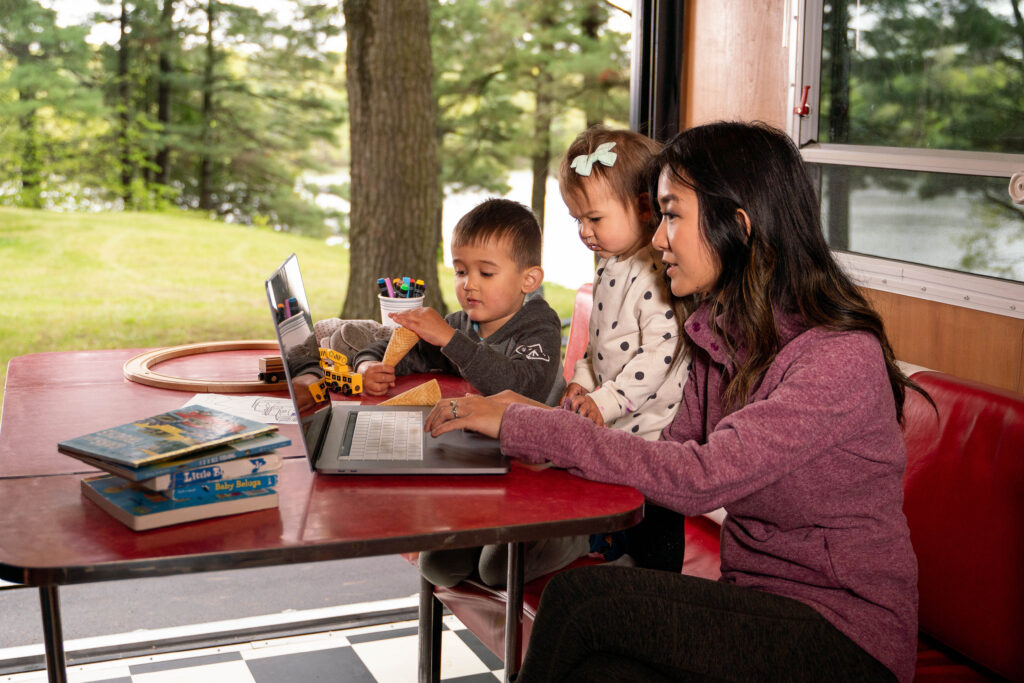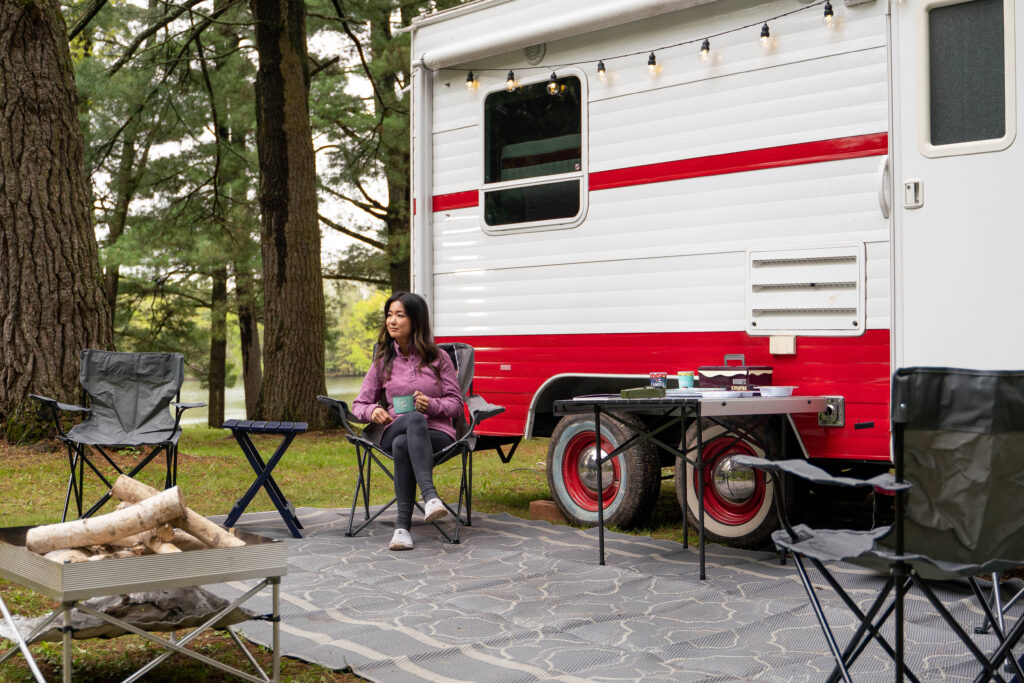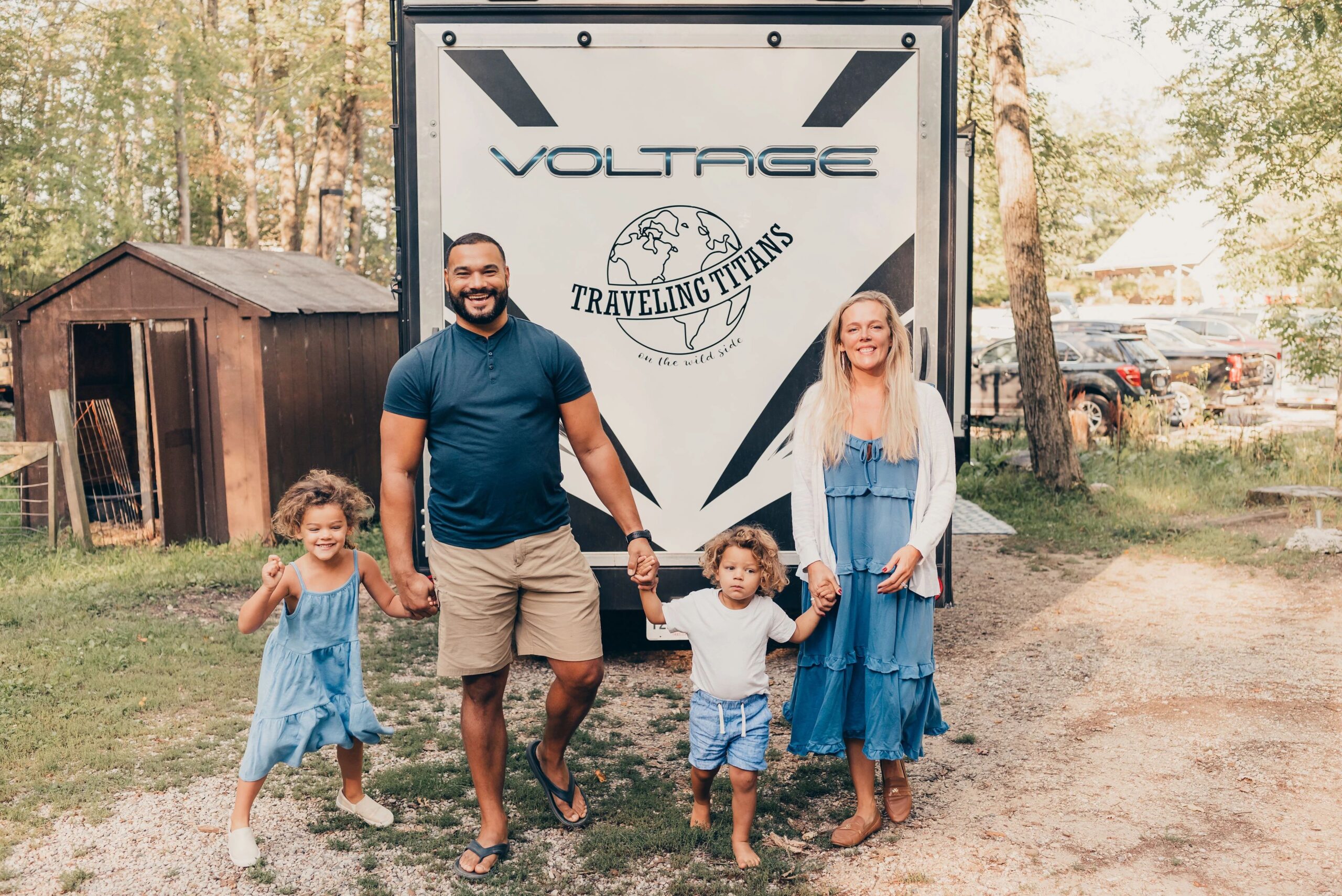
Policies and Procedures for Your Campground
For many campground owners, this time of year marks the start of our shoulder or off seasons. Some of us will see a general slowdown in camping traffic, while others will make the calculation—due to bone-chilling weather or other factors—to close our park for the winter season.
No matter which bucket you fall into, this time of year is a perfect time to take a fresh look at the policies and procedures of your RV park. That’s because slower times usually allow you to work more on your business than in it.
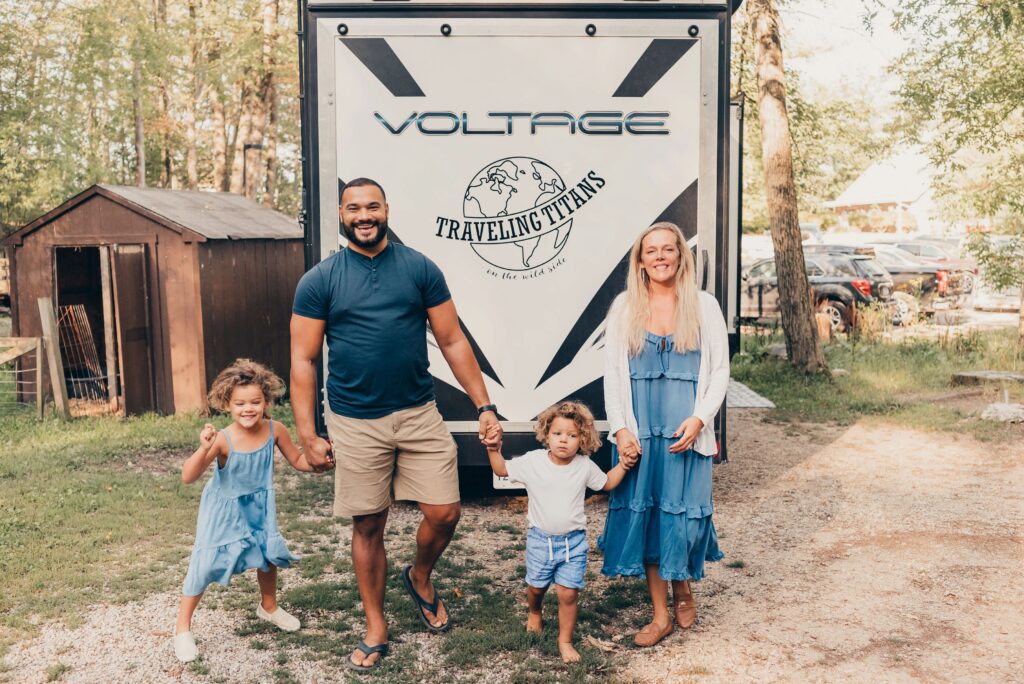
Let’s chat about some ways you can take a fresh look at your campground’s policies and procedures to start strong next year.
Take Stock Of What Went Well—And What Didn’t
Sit down with your team—perhaps even in an end-of-year off-site retreat—and have an honest convo about the things that worked and the things that didn’t this season. Create an environment where people can share candidly about things they want to see changed.
You should also look over your reviews from sites like Google, Campendium, The Dyrt, etc. to find any consistent feedback that could be addressed via a policy adjustment. For example, if reviews consistently mention concerns with your staff, it might be time to institute new hiring policies. Or, if guests are consistently concerned with your WiFi, you could consider instituting a policy to provide strong WiFi to all guests.
Take stock of what happened at your park this season to prep for your best season ever when you next fling open your doors.
Commonly Reviewed Policies And Procedures
Once you’ve taken stock of the policies and procedures that might need to be reviewed in your specific situation, consider these policies and procedures that should be reviewed by any RV park.
CANCELLATIONS
Cancellations stink—especially on short notice. If someone last-minute cancels an RV site on you during your busy season, that can really sting. Cancellations are especially tough if you have a very short season at your park.
But how do you protect yourself without scaring people away?
A non-refundable cancellation policy protects you but runs the risk of upsetting customers and generating negative reviews.
How do you fix this?
Generally speaking, the best cancellation policy is one that meets in the middle—something that limits your risk of loss while showing your guests you understand that plans can change. For example, you could offer a full refund only for cancellations made with at least two weeks’ notice.
Or, you could take a cue from the airline industry and offer a fully refundable rate that’s higher than your non-refundable rate.
Review your cancellation policy during your off-season to ensure it’s protecting you while demonstrating understanding to your guests.
PETS
Most RV park owners have pet stories. From pooches leaving poo in places they shouldn’t to noisy pooches who aggravate other guests, pets of all types and stripes create unique concerns for park owners.
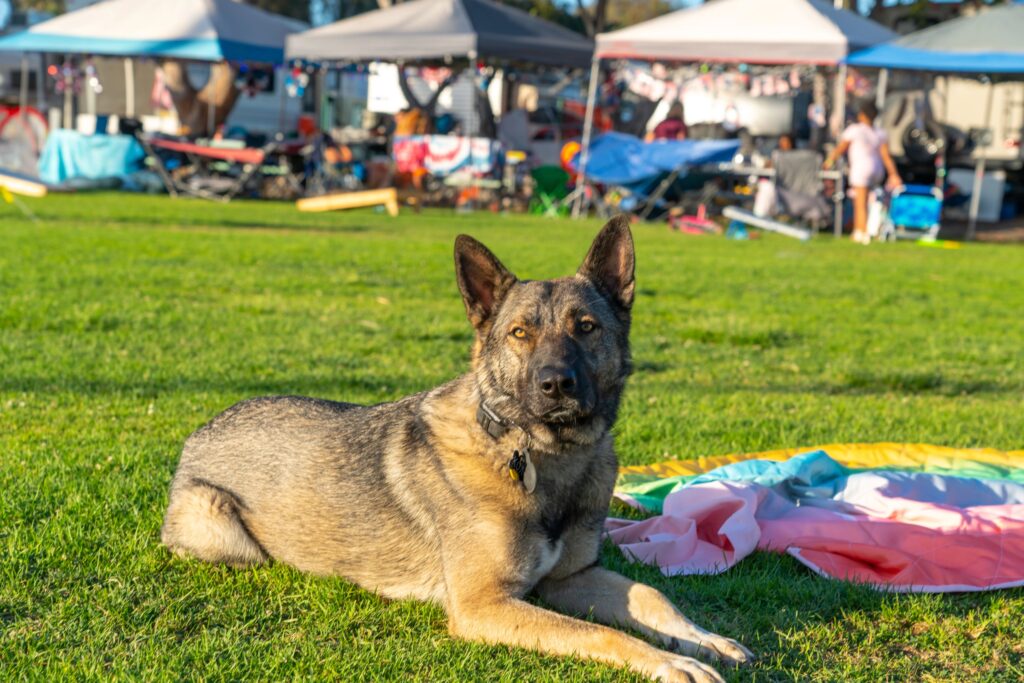
If you’ve had a trying pet season at your park, it’s probably time to review your policies and procedures. Generally speaking, strict pet policies are the way to go.
Most insurance carriers prohibit aggressive breeds and therefore may deny coverage for incidents involving these breeds. Speak with your insurance provider to learn what breeds they want you to restrict and adjust your policies accordingly.
You should always have policies requiring pets to be on a leash, set rules determining if (and for how long) pets can be outside the rig, and policies on proper conduct when pets are left unattended (if you want to allow that).
No two RV parks are alike, so the pet rules at your park are going to be different than those of another park. By refining your policies to create the park environment you want, while still being sensitive to the demands of your guests, you’ll tee yourself up for a peaceful pet environment.
RV STANDARDS
It seems like the going rule for many RV parks is to prohibit entry to rigs older than ten years. While this might seem like a sensible blanket policy that keeps your park looking nice, there are many well-loved rigs over ten years old on the road today that would be a welcome look at your park.
That’s because vintage is in vogue and people are fully restoring rigs like vintage Airstreams, Winnebagos, and more.
Instead of having a blanket RV standard, consider creating a policy that generally requires rigs to be under a certain age. Then, allow exceptions for prospective guests to send pictures of their rigs to show their condition so you can decide based on that.
CHECKING IN/CHECKING OUT
The dawn of Airbnb has ushered in an era where customers love and even demand contactless self-check-in.
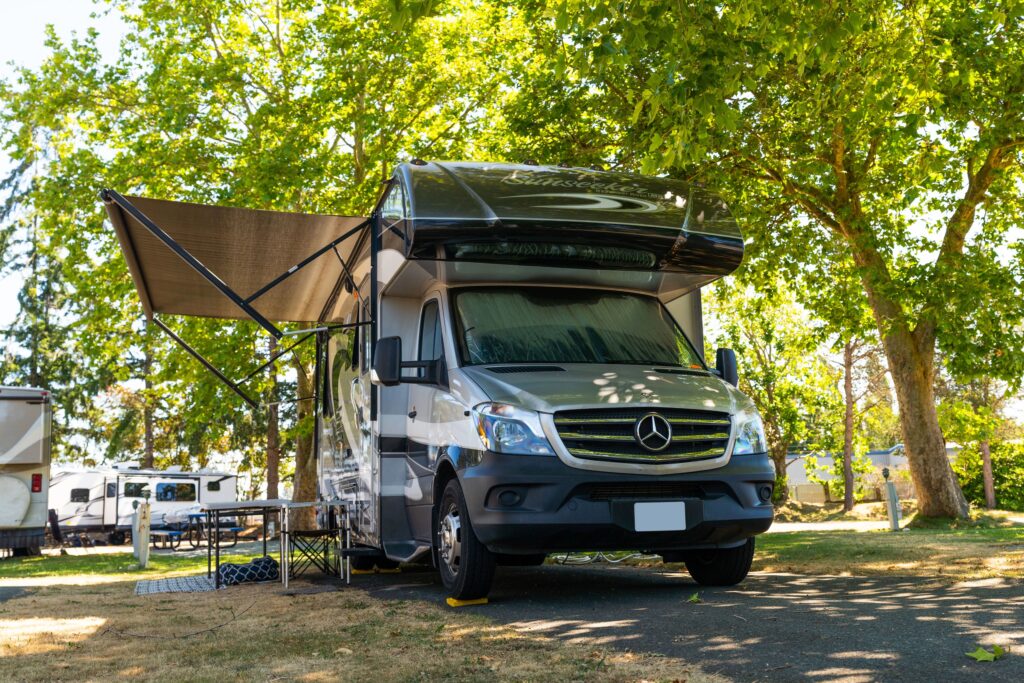
We understand this isn’t ideal for every park, but many RV parks out there can and should consider offering a self-check-in option.
To offer self-check-in, you’ll need campground reservation software that’ll keep all your reservations in one easy-to-see dashboard. Reservation software will then allow you to set up auto-emails that go to your guests so they have all the info they need to find their site, get settled, and check in on their own.
The other check-in/check-out policy that park owner’s frequently review is check-out/check-in times.
This is a personal decision that depends on the flow of your park. Some parks can offer very flexible timing while others need to be more concrete. Some park owners might charge extra for a late checkout while others don’t see that as a fit for their property.
Take stock of the flow of your park to institute arrival/departure policies that work well for you and your guests.
CLEANING PROCEDURES
Did places like your shower house and clubhouse get positive marks for cleanliness? Or has this been an area where you’ve received some constructive guest criticism?
If so, adjust your procedures to ensure that cleanings happen effectively and regularly. This is a seemingly small thing that goes a long way to keeping guests coming back again and again.
EV CHARGING
This is a new issue on the block that’ll only grow in significance as more and more EVs get on the road. From a guest’s point of view, RV plug-ins are the ideal charging point for their electric vehicle.
From your perspective as a park owner, this represents an additional expense that’ll only continue to increase.
That’s why it’s a good idea to consider policies now that’ll protect you for the future. For example, you could charge an extra utility fee for guests with EVs. Most will be happy to pay it and it’ll help protect you as your utility costs increase.
COMMUNICATING POLICIES TO GUESTS
It’s one thing to create the policy and it’s another thing entirely to make sure that your guests receive and understand it.
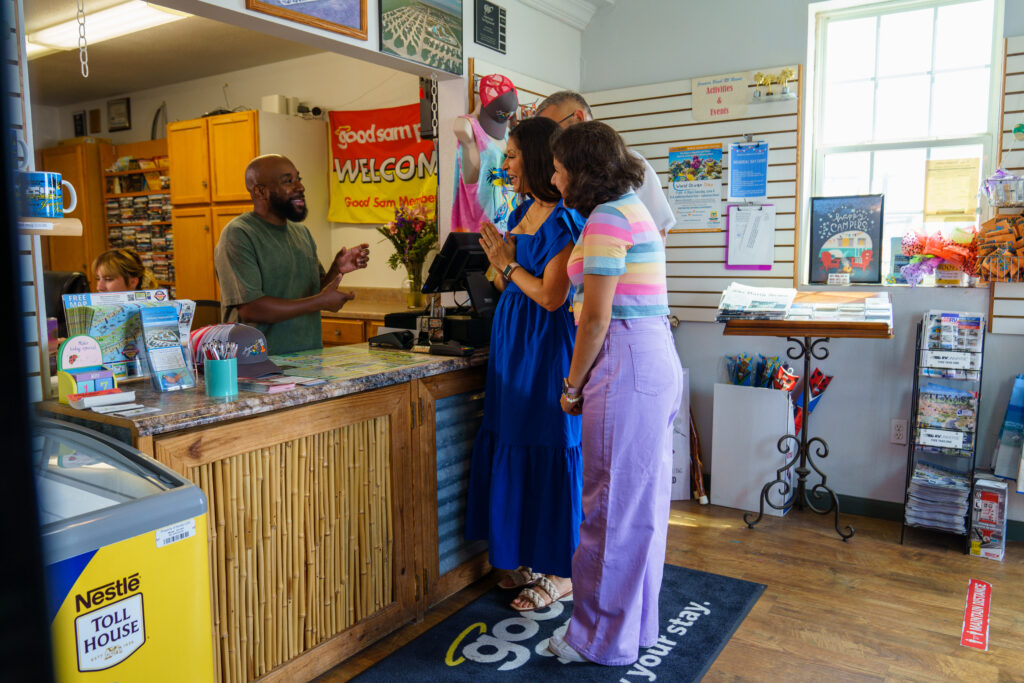
That’s why we think it’s vital to have a campground reservation system that’ll allow you to auto-email your policies to your guests.
These software programs will also allow you to customize email timing and frequency so you can decide when, what, and how your guests receive your policy emails.
Beyond technology, the old-fashioned ways are helpful too. For example, friendly notes peppered throughout your property that remind folks of your rules go a long way to creating good vibes and a peaceful environment at your park.
Taking stock of your campground’s policies and procedures during your off-season is an important habit to be in that’ll keep you growing as a park. With the growth of remote-working, full-timing, and family-focused RVers, policies and procedures will often need to be adapted to accommodate new needs. By taking an annual beat to evaluate these things at your park, you’ll set yourself up for success with each passing year.
